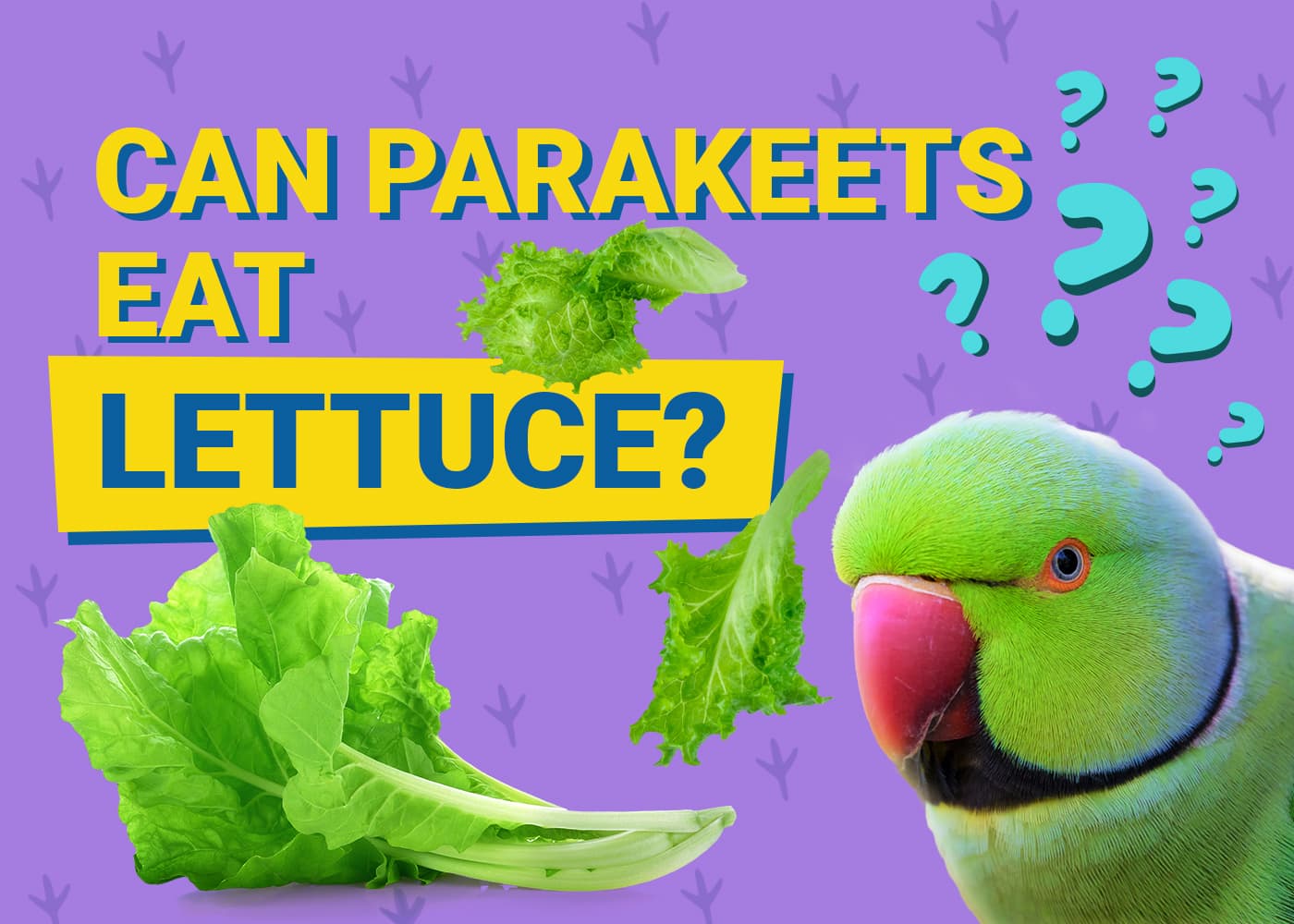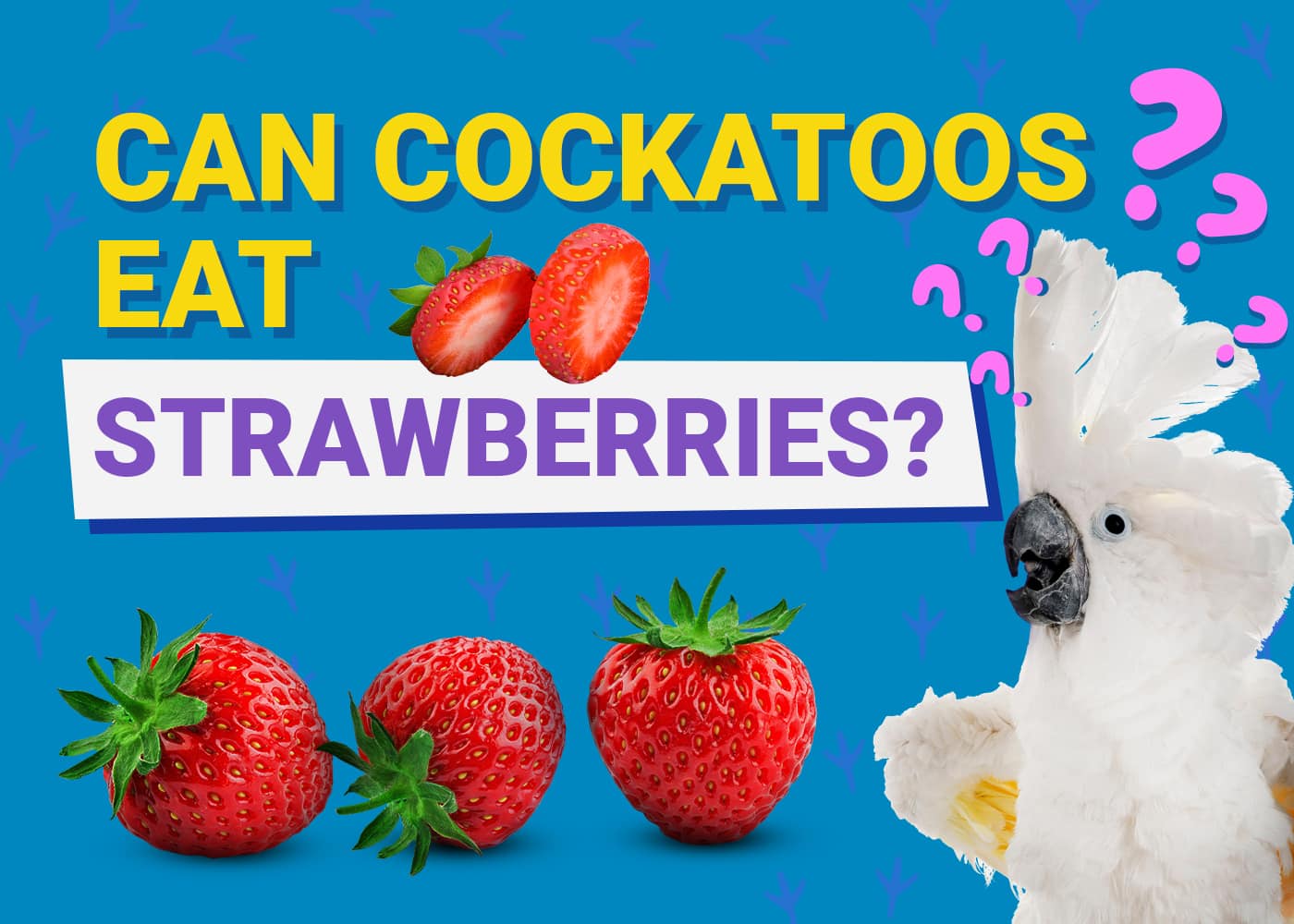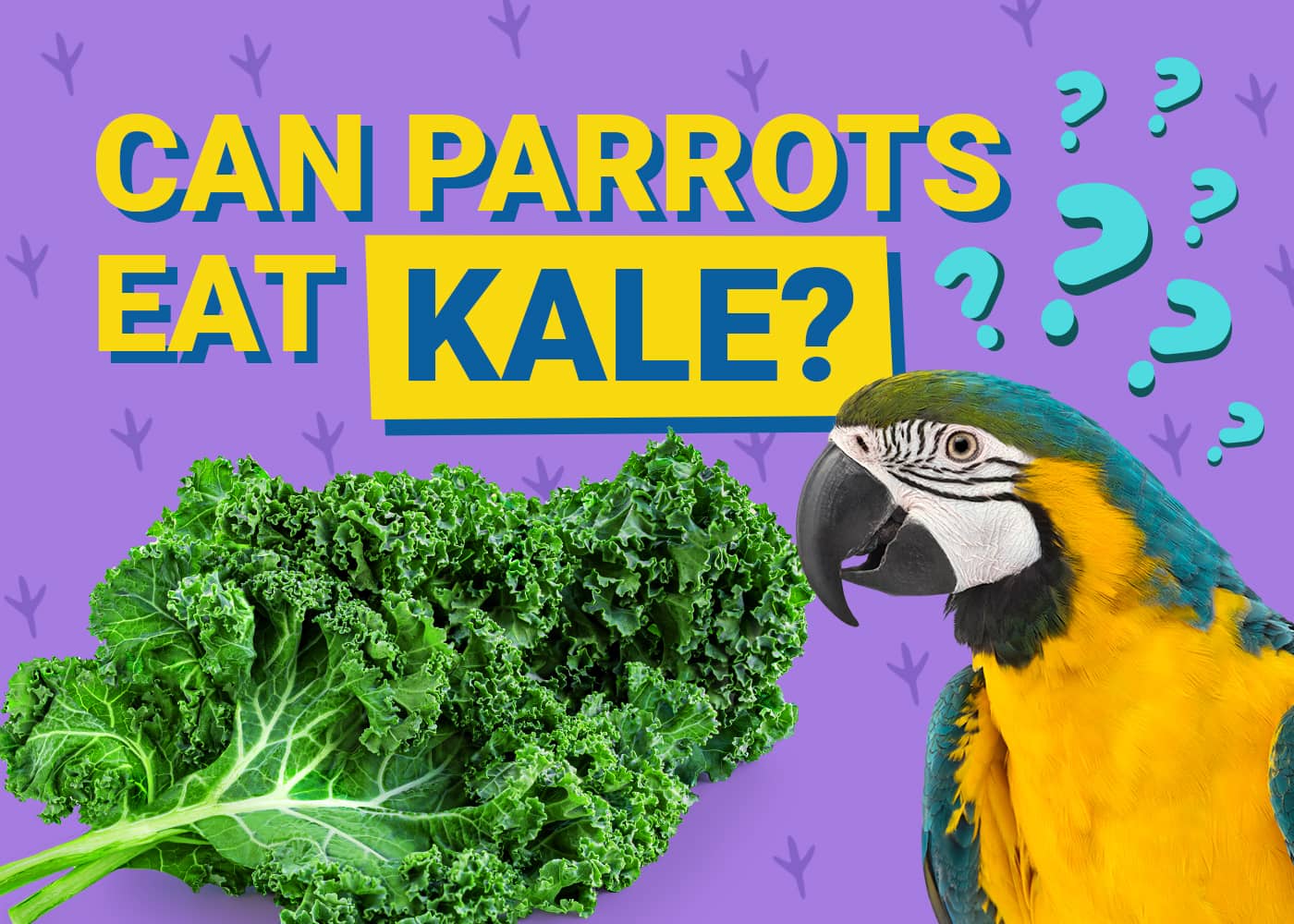VET APPROVED

The information is current and up-to-date in accordance with the latest veterinarian research.
Learn more »Click to Skip Ahead
Parakeets, or budgerigars, have granivorous eating habits, meaning they primarily feed on seeds. However, because they occasionally consume other foods like fruits, vegetables, and insects, their broader dietary classification is omnivorous. These are foods that parakeets eat in the wild, so they are considered safe for those kept as pets.
So, yes, parakeets can eat lettuce. Romaine, leaf, and Boston or butter lettuce are all safe for these birds. However, they are low in nutritional value when compared to other leafy greens. It is recommended to avoid iceberg lettuce altogether as it is known to cause digestive upset if consumed in large quantities.
Lettuce is composed of more than 90% water. So, if you want to give it to your bird, plan to do so in moderation. This will prevent your parakeet from filling their belly and missing out on other foods that have more nutrients.
Read on to understand more about lettuce and other veggies that are good for parakeets.

Nutrition Facts and Health Benefits of Lettuce for Parakeets
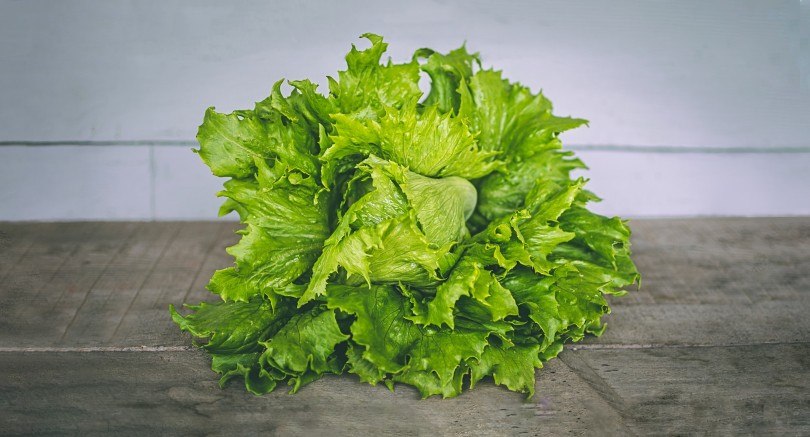
There are very little nutritional benefits that your parakeet can get from lettuce. Variations like the romaine lettuce or the red leaf lettuce can offer a few more nutrients than other lettuce variations. However, these won’t be enough if ingested as a single diet. As part of a varied diet, they can still have value for your bird’s body.
If feeding lettuce to your parakeet, please make sure it is thoroughly washed and disinfected.
- Hydration: Lettuce is around 95% water, making it a good choice of hydrating snack when fed in moderation.
- Vitamin A:Lettuce provides a little bit of vitamin A, which is good for your parakeet because it takes care of their nails and beaks. If the bird doesn’t have enough vitamin A, they will start having nails and beak overgrowth, and these will start chipping and flaking.
- Vitamin K: This vitamin is good because it acts as a body defender in case of injuries. For example, when your parakeet gets injured or is bleeding, vitamin K prevents excessive blood loss. It clots the blood, minimizing any possible dangers.
- Folate: Romaine lettuce has folate that is crucial to your parakeet. It helps in forming red and white cells, which aid in fighting illnesses. In addition, it plays a crucial role in DNA synthesis supporting cell division, reproduction, and growth.
- Potassium: Lettuce has potassium, which is ideal for your parakeet. Potassium helps maintain muscle function and prevents strokes. In addition, potassium plays an important role in fluid balance and nerve function.
Reasons Why You Shouldn’t Feed Your Parakeets Too Much Lettuce
Lettuce is more than 90% water and contains minimal nutrients. So if you feed your parakeets a lot of lettuce, it can cause diarrhea and gas. This is not good for these birds and can cause dehydration and may even lead to other problems like nutritional imbalance.

The 3 Other Foods You Can Feed Your Parakeets
Parakeets can eat any foods that have enough nutritional value for them. If you opt to give your bird commercial foods, supplement these with a variety of fresh foods so they have a well-balanced diet.
Here are other foods that you can give your parakeet.
1. Seeds
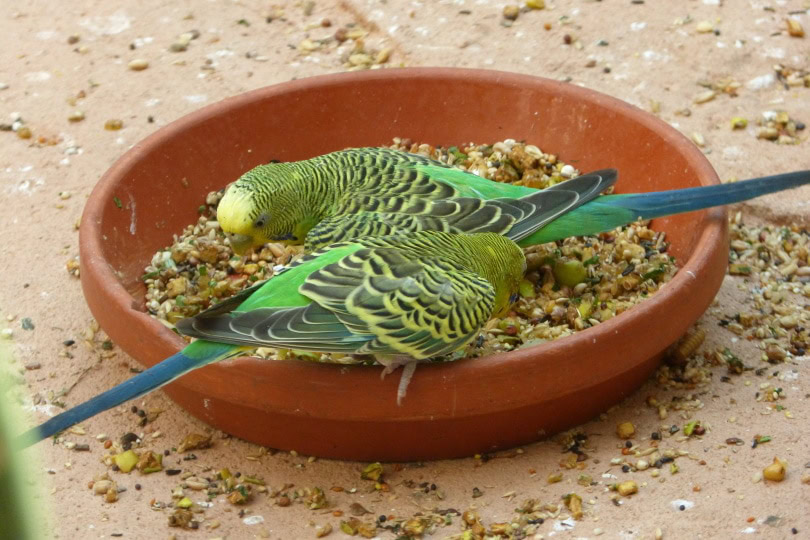
These are some of a parakeet’s favorites. They love eating seeds and can eat a significant number if not controlled. However, seeds alone don’t have enough nutrients for parakeets. They are low in vitamins and minerals, resulting in vitamin A and calcium deficiency. Seed diets might also result in liver damage because of their high fat content.
2. Fruits
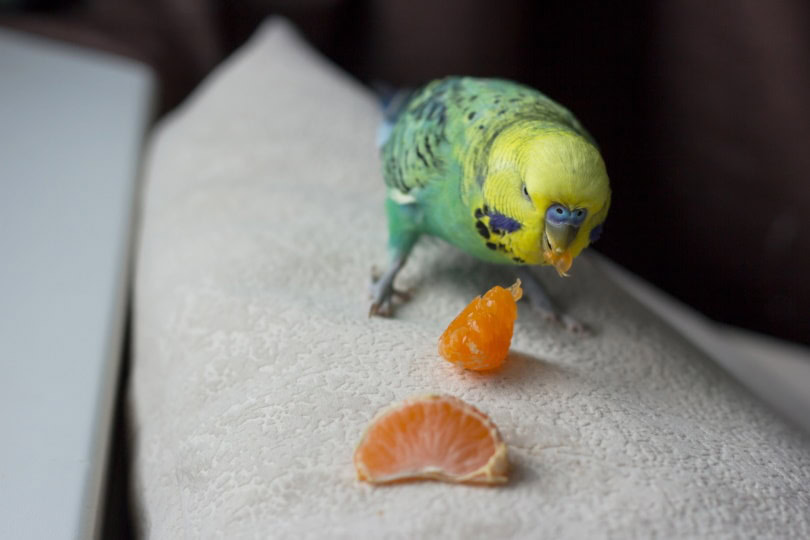
Even in the wild, parakeets eat fruit. That means your bird will likely enjoy eating fresh fruits like pears, melons, berries, and grapes, to name a few. These are a good source of vitamins, minerals, manganese, and potassium.
3. Pellets
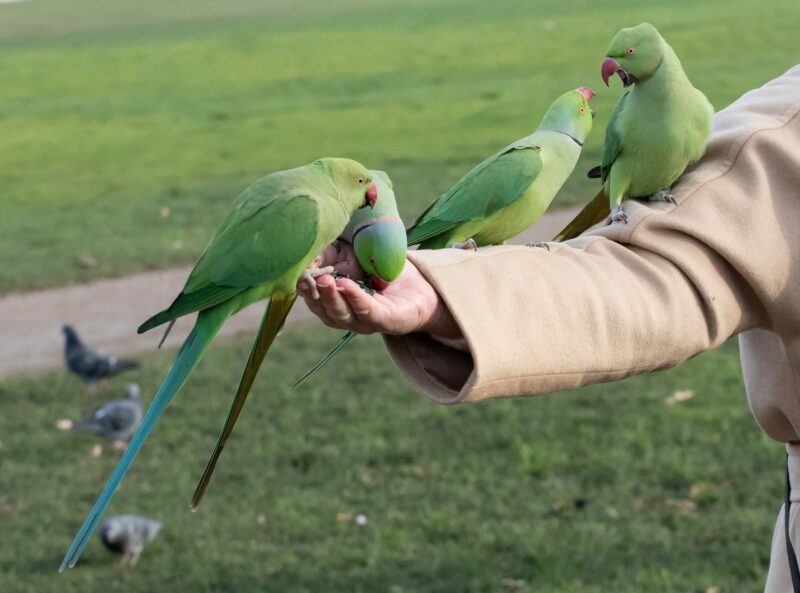
Pellets are nutritious and the number-one nutrient provider for your parakeet. But many parakeets don’t like eating pellets. So, to entice them, you can mix them with seeds or other parakeet food to make them more appealing. Get creative!
High-quality pellets that you can feed your parakeet include Mazuri Mini Bird Food, and Lafeber Tropical Fruit Gourmet Pellets Parakeet Bird Food.

Final Thoughts
It is good to give your parakeet lettuce, though the recommended variety is romaine. Nothing bad will happen if your feathered friend eats a few pieces of washed and disinfected lettuce, as long as you give it to them in moderation and as part of a varied diet of pellets, dark left greens, fruits, and seeds. However, you may want to avoid serving iceberg lettuce since it doesn’t add any value.
Note that every time you introduce a new food to your parakeet you should look out for any changes. For example, if they start having diarrhea, you should stop giving it to them. If there are severe side effects beyond your control, seek your vet’s advice.
- Related Read: Can Parakeets Eat Raspberries?
Featured Image Credit: BLACK17BG, Pixabay
